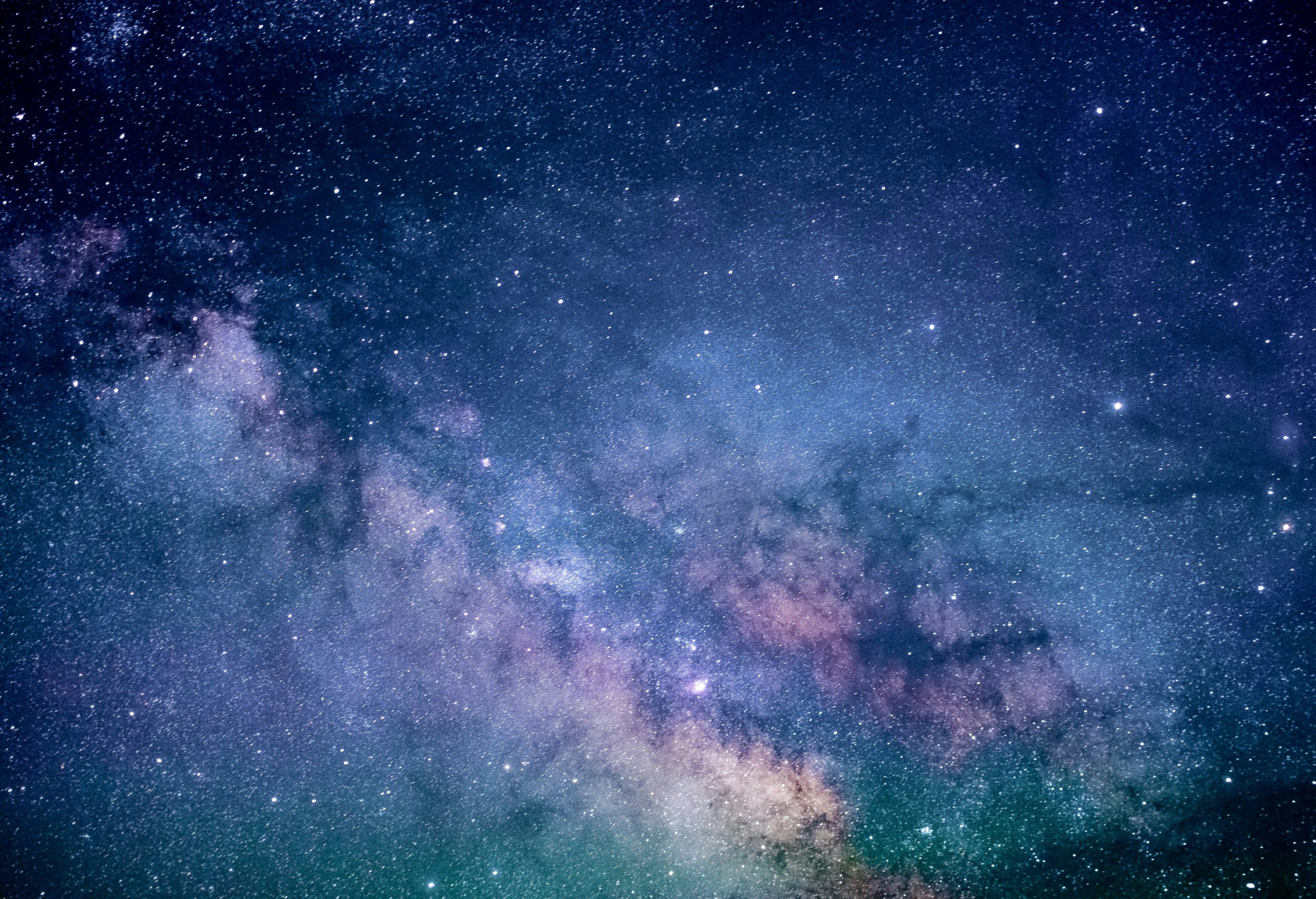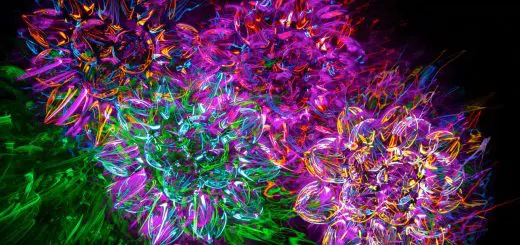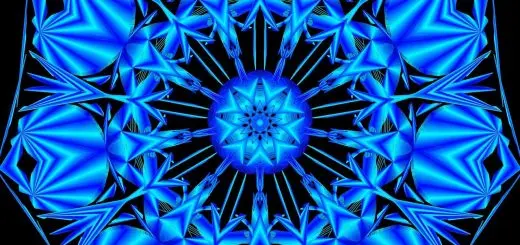When Do Humans Gain Consciousness? A Closer Look

Looking for more amazing products? Check out our online store and explore our collection here! Happy shopping!
Before diving in, please note: This post is for informational purposes only. If you’d like to know more about how we approach topics, feel free to check out our friendly Disclaimer Page.
Hey there, amazing readers! 
We’re committed to delivering quality posts, and your support (even just sticking around despite the ads) means everything to us. So, bear with us, and thanks for helping us keep the good vibes rolling. Now, on to the fun stuff!
TRANSLATE BUTTON AT THE END OF THE ARTICLE
A Quick Overview
The question of when humans gain consciousness is as fascinating as it is complex.
Consciousness involves awareness, perception, and the ability to experience thoughts and sensations.
Understanding when and how this develops in humans not only intrigues scientists and philosophers but also stirs curiosity in parents and educators.
So, let’s dive into the topic and explore the stages of consciousness development in humans, the influences that shape it, and the ethical implications surrounding it.
Understanding Consciousness: A Fundamental Question
What is consciousness, really?
It’s one of those concepts that feels elusive, like trying to catch smoke with your bare hands.
In simple terms, consciousness refers to the state of being aware of oneself and one’s surroundings.
It encompasses thoughts, feelings, and perceptions.
But the journey to this awareness is an intricate process.
Imagine a light switch—it doesn’t flick on all at once.
Instead, it gradually brightens the room.
Similarly, human consciousness develops in stages.
Each stage builds on the last, creating a richer tapestry of awareness.
It’s a bit like learning to ride a bike; you start with training wheels, and as you gain confidence and balance, you eventually ride freely.
Philosophers like Descartes famously mused, "I think, therefore I am." This statement highlights the fundamental connection between thought and existence.
Understanding when that "thinking" begins in humans opens up a vast landscape of inquiry.
The Science of Consciousness: What Do We Know So Far?
Scientific research into consciousness is still evolving.
Neuroscientists have made significant strides, using advanced imaging techniques to observe brain activity.
Studies suggest that certain brain areas, like the prefrontal cortex, are crucial for higher-order functions, including self-awareness.
Interestingly, there are different types of consciousness.
For example, there’s primary consciousness, which is more basic and involves sensory awareness.
Then there’s higher-order consciousness, which includes self-reflection and complex thought processes.
It’s like comparing a simple melody to a full symphony—both are music, but they offer different experiences.
One study conducted by researchers at Stanford University revealed that even infants demonstrate responses to stimuli, indicating a form of consciousness exists from a very early age.
This challenges the notion that consciousness is a switch that flips on at a certain age; rather, it appears to develop gradually.
The Development of the Brain: Key Stages Explained
The brain’s development is a fascinating journey.
Early stages begin in the womb.
From the moment of conception, neural connections start forming rapidly.
By the time a baby is born, their brain is about 25% of its adult size but contains nearly all the neurons it will ever have.
Explore the Path to Spirituality and Enlightenment – Start Here.
After birth, the brain undergoes significant changes.
Infancy (0-2 years): In this period, the brain increases in size and complexity.
The formation of synapses (connections between neurons) skyrockets.
Babies begin to respond to their environment, demonstrating early signs of awareness.
Toddlerhood (2-4 years): Language acquisition kicks in.
This is crucial for developing higher-order consciousness.
As toddlers learn to express their thoughts and feelings verbally, their awareness of self and others expands.
Preschool Age (4-6 years): Imagination flourishes.
Kids begin to understand abstract concepts and develop empathy.
This is when they start to recognize that others have thoughts and feelings too.
The brain continues to mature well into the late twenties.
Isn’t it wild to think that we’re still developing our consciousness well into adulthood?
Infancy to Toddlerhood: Signs of Emerging Consciousness
As a parent or caregiver, have you ever marveled at how babies react to the world?
Those wide-eyed stares and giggles aren’t just adorable—they’re signs of emerging consciousness.
From very early on, infants show awareness.
They recognize their caregivers’ faces and respond to voices.
Key indicators of this budding consciousness include:
Social interaction: Babies smile back at you.
They engage in cooing and babbling, showing that they’re aware of others.
Object permanence: Around six months, infants understand that objects still exist even when they can’t see them.
This is a significant cognitive leap.
Imitation: Infants often mimic adults, suggesting an understanding of social cues and behaviors.
As toddlers, their personalities begin to shine.
They express preferences and emotions more clearly.
Watch them when they throw a tantrum or show joy; it’s a peek into their developing consciousness.
They’re beginning to navigate their feelings—both beautiful and chaotic.
Neurological Research: How We Study Consciousness
Studying consciousness isn’t straightforward.
Researchers employ various methods, each offering insights into this complex phenomenon.
Functional Magnetic Resonance Imaging (fMRI): This tool helps scientists observe brain activity in real-time.
They can see which areas of the brain light up during specific tasks, shedding light on consciousness levels.
Electroencephalography (EEG): By placing electrodes on the scalp, researchers can monitor electrical activity in the brain.
This method helps explore how different states of consciousness, like sleep and wakefulness, manifest in brain patterns.
Behavioral studies: Observing how children interact with their environment also provides clues.
Researchers note how toddlers respond to social situations and problem-solving tasks.
For example, a study involving toddlers demonstrated that they can exhibit empathy.
When a child sees another child upset, they often respond with comforting gestures.
This behavior serves as a window into their developing awareness of others’ feelings.
The Role of Environment in Consciousness Development
Environment plays a crucial role in shaping consciousness.
From the moment a child is born, their surroundings influence their cognitive and emotional growth.
A nurturing environment fosters healthy brain development.
Consider these factors:
Parental interaction: Responsive parenting is key.
When caregivers engage in meaningful interactions, it boosts a child’s confidence and cognitive skills.
Education and stimulation: Exposure to diverse experiences—books, music, and social interactions—encourages exploration and curiosity.
Cultural context: Different cultures celebrate various aspects of consciousness.
For instance, some cultures emphasize communal living, fostering a sense of belonging and shared identity.
Conversely, a lack of stimulation or neglect can hinder growth.
Children raised in impoverished or chaotic environments may struggle with emotional awareness.
It’s a reminder of how vital a supportive environment is for developing consciousness.
Emotional Awareness: A Milestone in Consciousness Growth
Emotional awareness is a significant milestone in consciousness development.
It’s not just about recognizing emotions but also understanding and managing them.
Children start identifying their feelings between ages two and four.
They may say, “I’m sad” or “I’m happy,” which indicates a growing awareness of their internal states.
This emotional growth is crucial for forming connections.
As kids learn to recognize emotions in themselves, they also become adept at empathizing with others.
Key signs of emotional awareness include:
Labeling feelings: As mentioned, toddlers begin using words to express emotions.
Responding to others’ emotions: When a friend is upset, they may offer comfort or try to cheer them up.
It’s a lovely display of developing empathy.
Emotional regulation: As they grow, kids learn to manage their emotions.
They may take deep breaths when frustrated or seek help when overwhelmed.
These milestones collectively contribute to a richer, more nuanced consciousness.
The Importance of Language in Consciousness Formation
Language is a game-changer in consciousness development.
It serves as a tool for expressing thoughts, feelings, and experiences.
As children acquire language skills, their ability to articulate their inner worlds blossoms.
From around age one, children begin to speak their first words.
This may seem simple, but each new word opens doors to understanding.
Language allows children to:
Communicate needs: “I want juice” is a powerful expression of desire.
Share experiences: “Look at the dog!” invites others into their world.
Reflect on thoughts: As they learn to organize their thoughts verbally, their self-awareness deepens.
The connection between language and consciousness is profound.
Without language, many complex thoughts and emotions would remain unexpressed.
It’s no wonder that language-rich environments foster cognitive growth.
Cultural Influences: Shaping Consciousness in Humans
Culture shapes our consciousness in remarkable ways.
From the moment we’re born, cultural values, beliefs, and practices influence how we perceive the world.
Consider variations in child-rearing practices.
In some cultures, independence is emphasized.
Children are encouraged to explore and make decisions early.
In others, interdependence is prioritized, fostering a deep sense of community and shared responsibility.
Cultural narratives also impact consciousness.
Stories, myths, and traditions shape our understanding of existence.
They guide our moral frameworks and influence how we view ourselves and others.
Moreover, the way we communicate varies across cultures.
Some cultures rely heavily on non-verbal cues, while others prioritize direct communication.
This diversity enriches human consciousness, allowing us to see the world through multiple lenses.
Theories of Consciousness: Perspectives from Experts
Various theories attempt to explain consciousness, each offering unique insights.
Philosophers and scientists have pondered this question for centuries, leading to a multitude of perspectives.
The Global Workspace Theory: Proposed by Bernard Baars, this theory suggests that consciousness arises when information is made available to various cognitive processes.
It’s like a stage where different thoughts and perceptions perform.
The Integrated Information Theory: Giulio Tononi’s theory posits that consciousness corresponds to the level of information integration within a system.
Higher integration leads to richer conscious experiences.
The Higher-Order Thought Theory: This theory, championed by philosophers like David Rosenthal, asserts that consciousness arises when we have thoughts about our thoughts.
It emphasizes self-reflection as a key component.
Each theory expands our understanding of consciousness.
They encourage ongoing exploration and discussion.
Ethical Considerations: Consciousness and Rights
As we delve into the question of consciousness, ethical implications emerge.
If consciousness signifies awareness and experience, what rights should conscious beings hold?
This inquiry takes on added significance in discussions about animals and artificial intelligence.
Recognizing a being’s consciousness calls for moral consideration.
For instance, should animals with demonstrated emotional awareness have rights?
The debate extends to neurodivergent individuals.
Understanding differing consciousness levels fosters empathy and inclusion.
It emphasizes that everyone experiences the world uniquely, and each perspective holds value.
These ethical considerations urge us to re-evaluate how we treat ourselves and others.
Empathy can bridge gaps, creating a more compassionate society.
Future Directions: Exploring Consciousness in Humans
The exploration of consciousness is far from over.
As technology advances, our understanding deepens.
Future research may focus on:
Neuroplasticity: Understanding how the brain adapts and rewires itself over time, which could offer insights into consciousness development.
Artificial intelligence: As AI evolves, questions about machine consciousness become more pressing.
Can machines develop consciousness similar to humans?
Interdisciplinary approaches: Combining insights from neuroscience, psychology, philosophy, and sociology may lead to a more comprehensive understanding of consciousness.
As we continue to explore this vast landscape, the quest for understanding human consciousness remains one of life’s most exciting adventures.
Conclusion
The journey of discovering when humans gain consciousness is filled with complexity and wonder.
From the early signs in infants to the rich tapestry of experiences in adulthood, our awareness evolves in fascinating ways.
Through studying the brain’s development and considering the influences of culture and language, we gain a deeper understanding of ourselves and others.
This exploration invites empathy and ethical consideration, urging us to recognize the value of diverse experiences.
Consciousness is not a destination; it’s a lifelong journey.
As we navigate this path, let’s celebrate the beauty of awareness and the connections it fosters in our lives.

The Enlightenment Journey is a remarkable collection of writings authored by a distinguished group of experts in the fields of spirituality, new age, and esoteric knowledge.
This anthology features a diverse assembly of well-experienced authors who bring their profound insights and credible perspectives to the forefront.
Each contributor possesses a wealth of knowledge and wisdom, making them authorities in their respective domains.
Together, they offer readers a transformative journey into the realms of spiritual growth, self-discovery, and esoteric enlightenment.
The Enlightenment Journey is a testament to the collective expertise of these luminaries, providing readers with a rich tapestry of ideas and information to illuminate their spiritual path.
Our Diverse Expertise
While our primary focus is on spirituality and esotericism, we are equally passionate about exploring a wide range of other topics and niches 

To ensure we provide the most accurate and valuable insights, we collaborate with trusted experts in their respective domains 
Our blog originally focused on spirituality and metaphysics, but we’ve since expanded to cover a wide range of niches. Don’t worry—we continue to publish a lot of articles on spirituality! Frequently visit our blog to explore our diverse content and stay tuned for more insightful reads.
Hey there, amazing reader! 
Check out our store here and take a peek at some of our featured products below! Thanks for being awesome!












